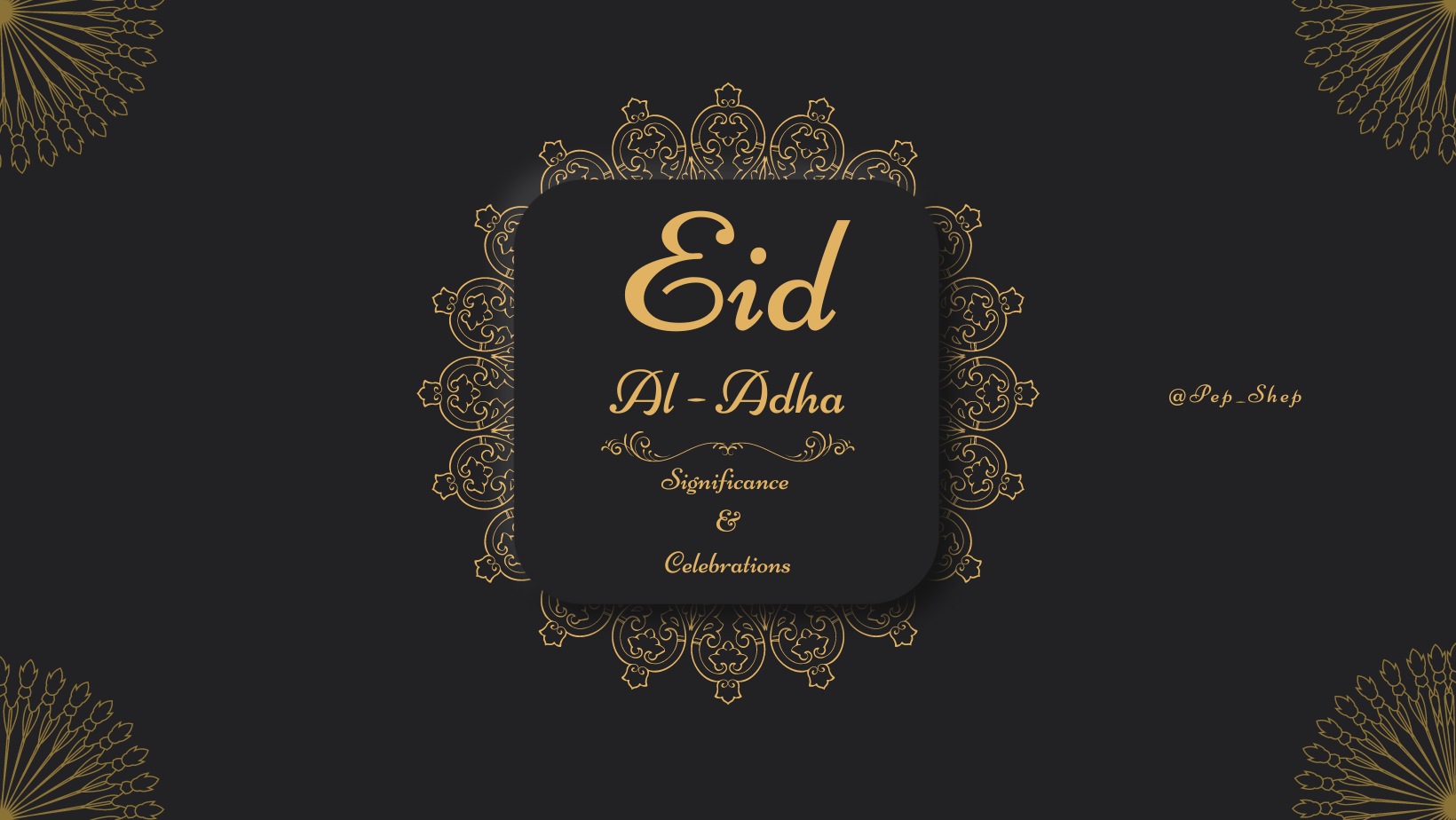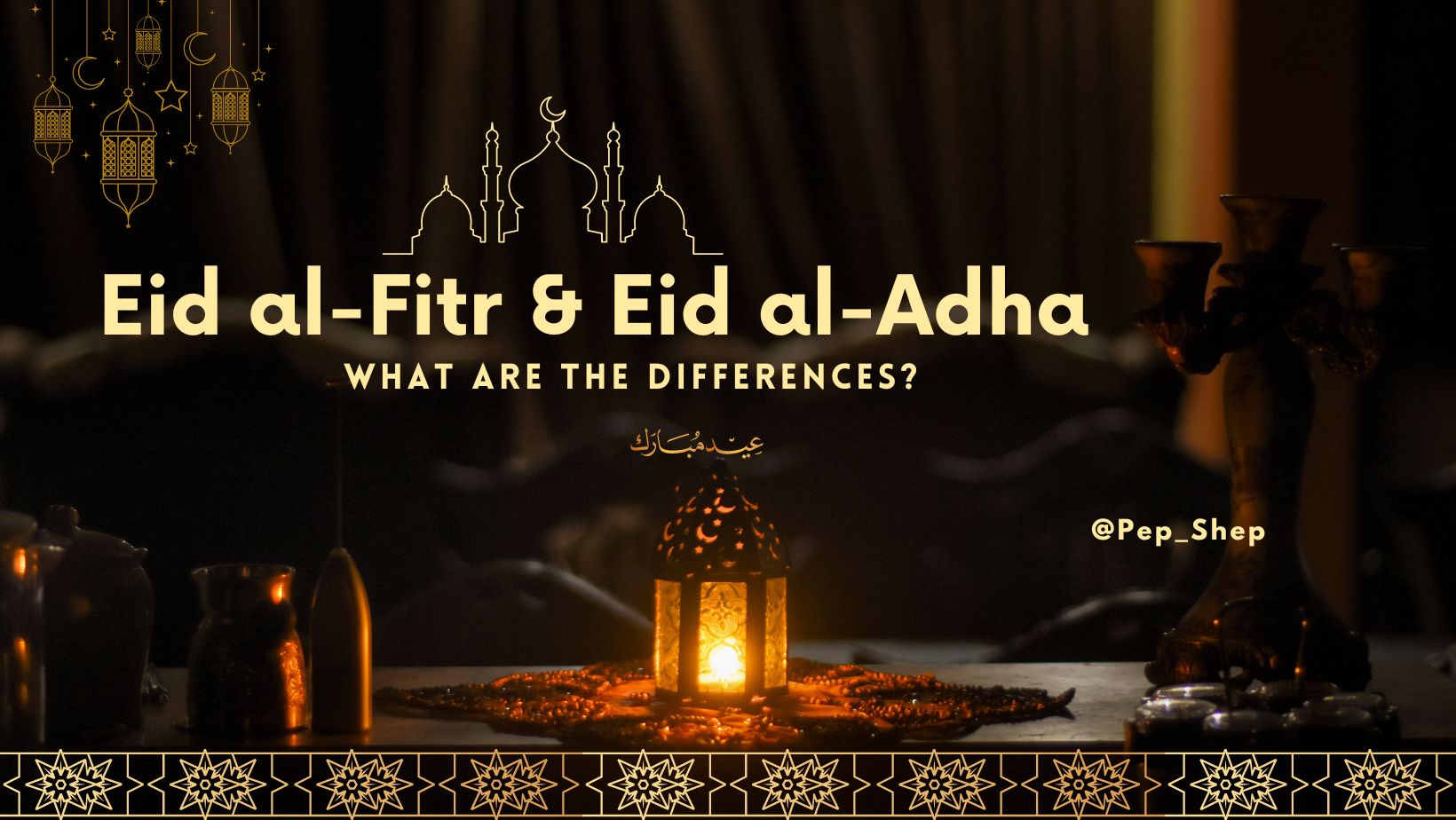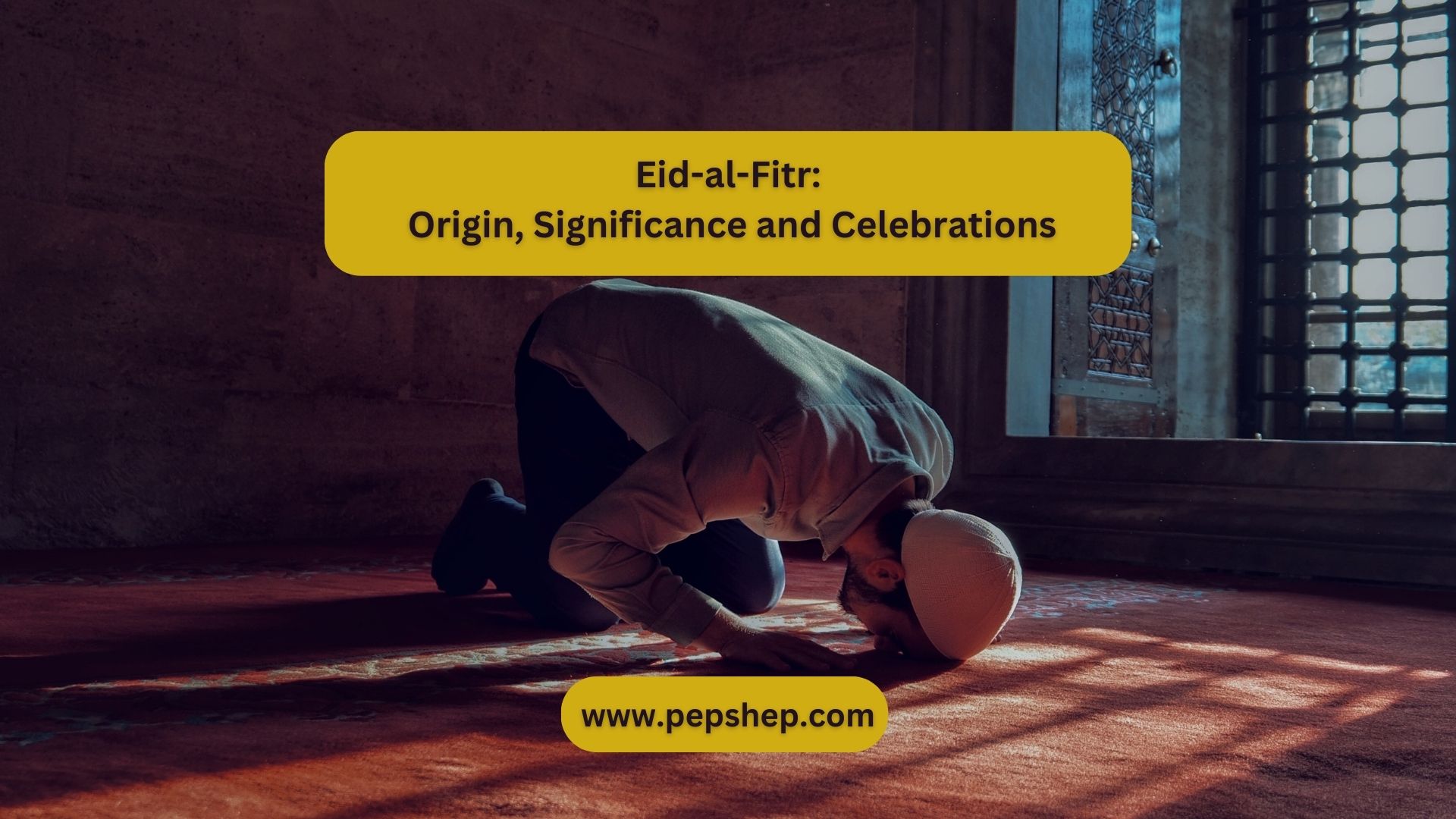

Eid al-Adha: Significance & Celebrations
Eid-ul-Adha (Festival of Sacrifice) is a significant Islamic holiday celebrated by millions of Muslims around the world. This joyous occasion commemorates the willingness of Prophet Ibrahim (Abraham) to sacrifice his son as an act of obedience to God’s command.
Eid-ul-Adha not only reflects the profound faith and devotion of Muslims but also emphasizes the values of sacrifice, generosity, and compassion towards others. It is a time for Muslims to strengthen their bonds with family, friends, and the wider community. The spirit of generosity is palpable as people extend their goodwill by sharing food, gifts, and financial assistance with those in need.
This blog explores the essence of Eid-ul-Adha and its cultural and religious significance.
Religious Significance
The origins of Eid-ul-Adha can be traced back to the story of Prophet Ibrahim. According to Islamic tradition, Prophet Ibrahim received a divine command to sacrifice his beloved son, Ismail (Ishmael). As a test of his unwavering faith and obedience, Prophet Ibrahim prepared to fulfil God’s command.
However, at the last moment, God intervened and replaced Ismail with a ram, signifying the acceptance of Prophet Ibrahim’s devotion. This act of sacrifice is commemorated by Muslims worldwide on Eid-ul-Adha.
Eid al-Adha: Celebrations
Eid-ul-Adha holds profound symbolism and is observed with various rituals. The most significant practice is the Qurbani, where Muslims sacrifice an animal, typically a goat, sheep, cow, or camel.
This act symbolizes Prophet Ibrahim’s willingness to sacrifice his son and demonstrates the importance of selflessness and obedience to God’s will. The meat from the sacrificed animal is divided into three parts: one-third is kept for the family, one-third is shared with relatives and friends, and the remaining one-third is donated to the less fortunate, ensuring the spirit of generosity and solidarity.
The day begins with Muslims attending congregational prayers at mosques or open prayer grounds, dressed in their finest attire. These prayers, led by an imam, emphasize unity, gratitude, and devotion. After the prayers, families and friends come together to exchange greetings, embrace one another, and offer heartfelt wishes of peace and blessings.
At last
This auspicious occasion encourages Muslims to reflect on Prophet Ibrahim’s unwavering devotion and his willingness to submit to God’s commands. It fosters a sense of unity, compassion, and social responsibility, bringing communities together and reinforcing the importance of helping others. In short, is a time for gratitude, reflection, and acts of kindness, embodying the true essence of this sacred festival.
- Books, celebrations, christianity, Diwali, Events, festivals, Gifts, global, green celebrations, love, mother, mother's day, nature, office, pets, quotes, social, social impact,


